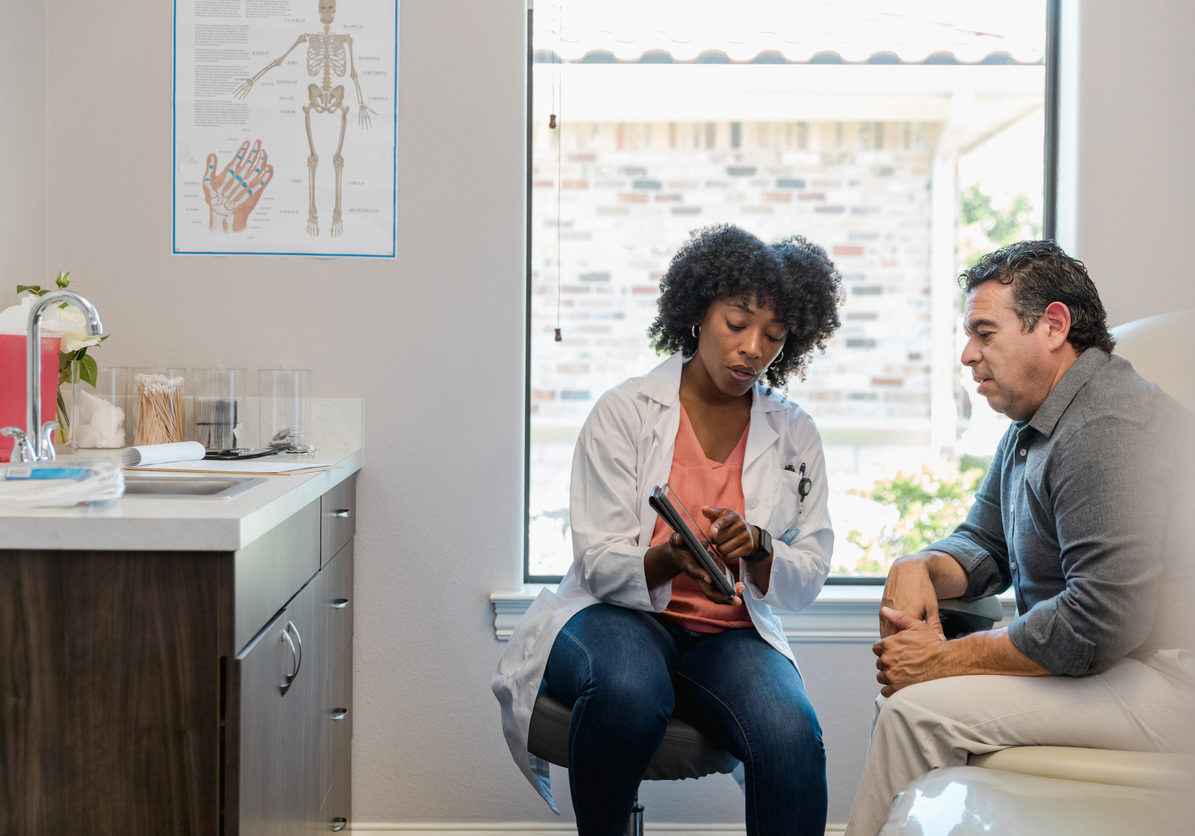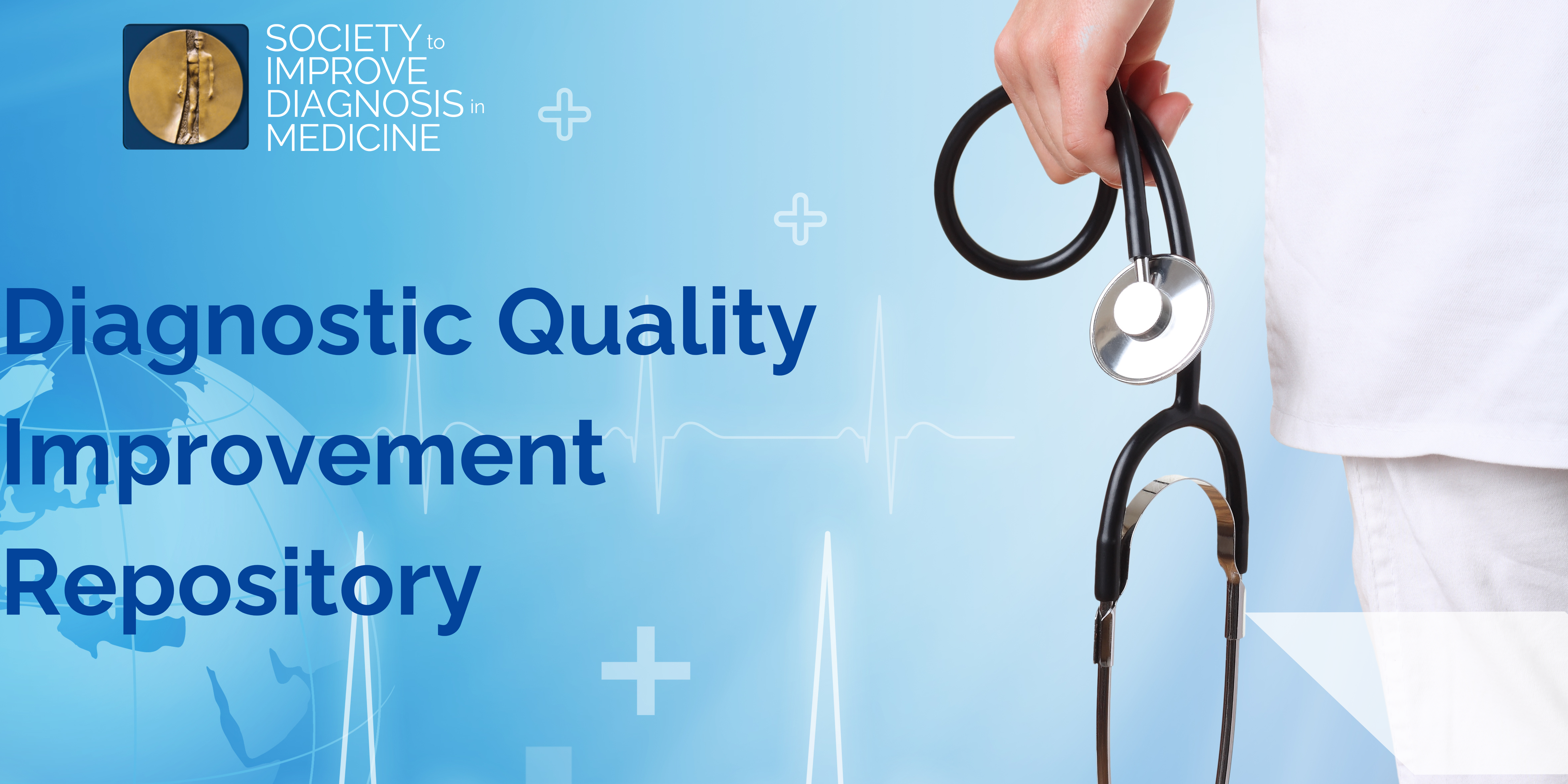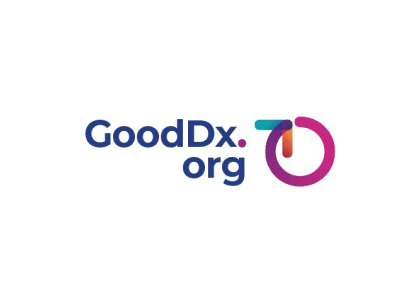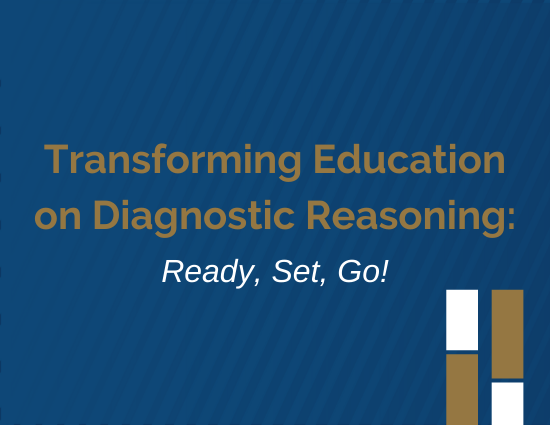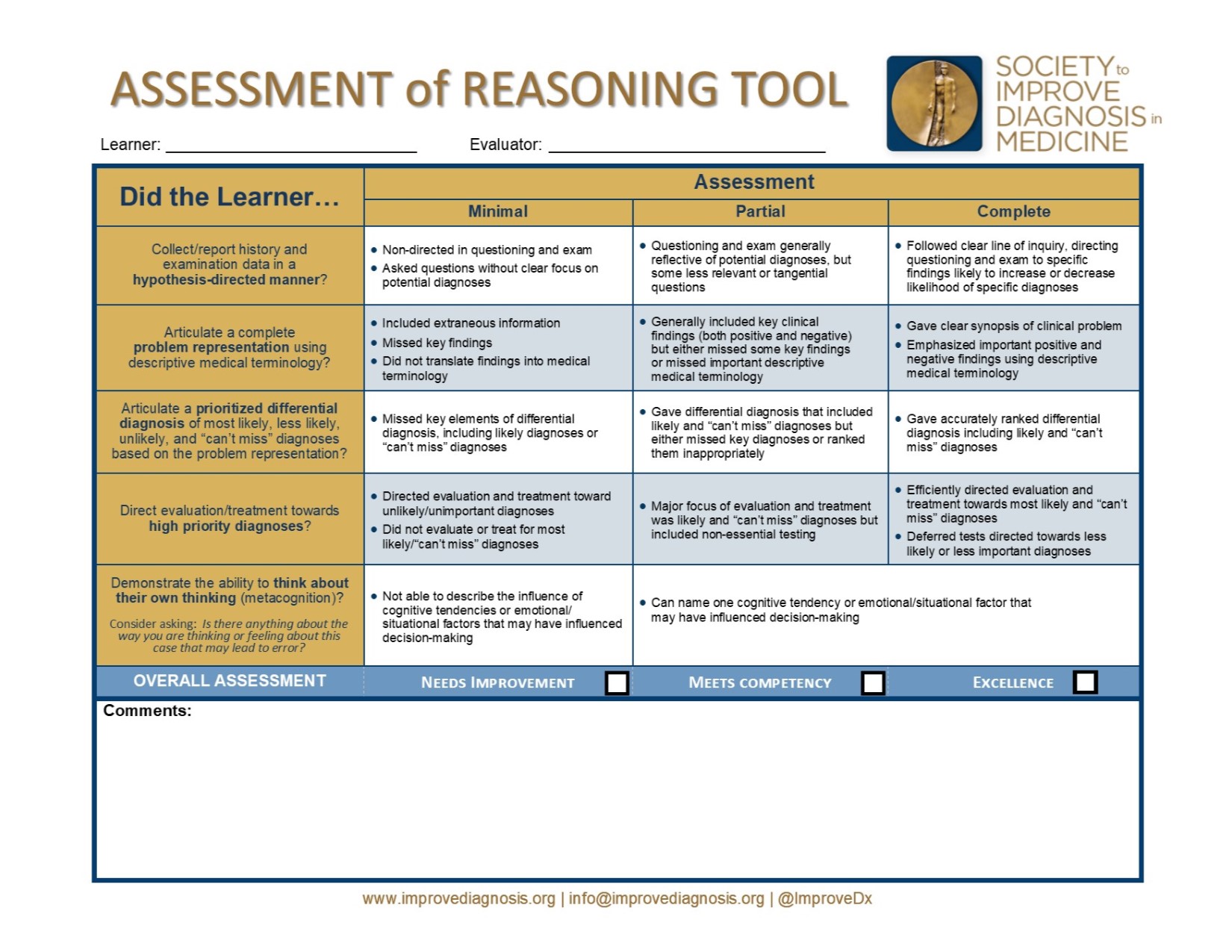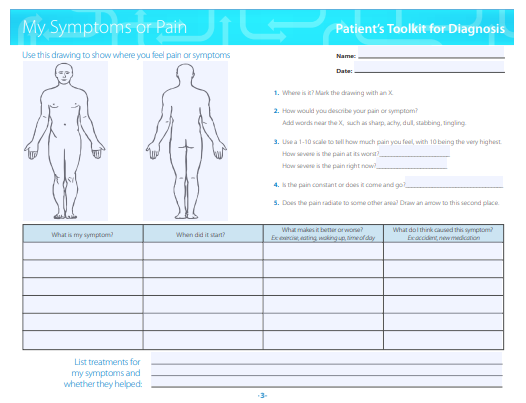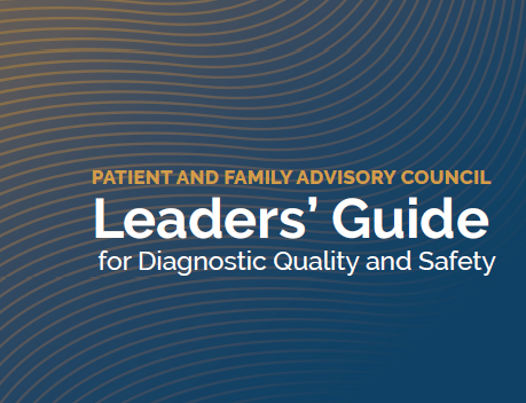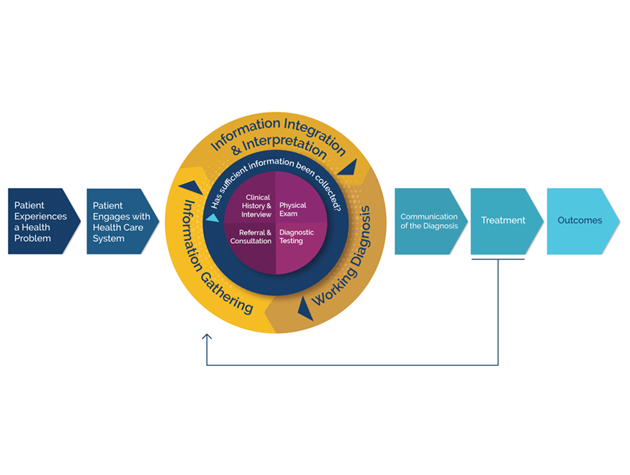Tools & Toolkits
Access tools aimed at providing patients, clinical teams, and educators with information and resources to improve diagnostic quality and safety.
Root Cause Analysis of Cases Involving Diagnosis - A Handbook for Healthcare Organizations
The Root Cause Analysis of cases involving diagnosis handbook provides up-to-date and authoritative guidance on how the existing approaches to conducting an RCA can be modified to study cases involving diagnosis. There are several differences: In cases involving diagnosis, the investigation should begin immediately after the incident, the clinicians involved should be members of the RCA team, and the review must include consideration of how the clinical reasoning process went astray (or succeeded), in addition to using a human-factors perspective to consider the system-related contextual factors that might have played a role in the incident.
Publication coming soon!
Diagnosis—the process of identifying the medical condition or problem causing someone’s symptoms or changes—is something we often take for granted. If someone does not feel well or notices a change in their body, they expect to go to a healthcare provider to get an answer and receive some kind of treatment. The process of diagnosis, however, can be very complicated.
Diagnostic competencies are aligned with the person-centered care core competency of professional nursing education, in which nurse practitioner (NP) students must demonstrate competency in diagnosing potential and actual health problems before
obtaining licensure. The DCDS tool expands the landscape of diagnostic reasoning assessment by providing NP educators with granular, actionable, competency-specific assessment measures to foster improvement.
Are you interested in conducting diagnostic comparative effectiveness research (CER) but you don’t know where to start? Access SIDM's resources and tools to help you to translate your issue or topic into a CER question, and identify opportunities and methods to co-create your research concept with patient research partners.
Diagnostic reasoning is a fundamental skill for any clinician. The Clinical Reasoning Toolkit presents a collection of go-to resources for clinicians looking to develop their clinical reasoning skills.
Learn more about our seed grantees' interventions to improve diagnostic accuracy, timeliness, and communication diagnoses to patients.
GoodDx is an online library of diagnostic performance feedback resources and tools built by thought leaders, vendors, and others to empower healthcare organizations to measure diagnostic performance, provide feedback to diagnosticians, and improve diagnostic accuracy and timeliness.
Education on diagnostic reasoning requires collaboration, teamwork, and measurement. The guide describes how to implement a diagnostic reasoning quality improvement intervention that is scalable and can be implemented in any healthcare system.
Errors in clinical reasoning are central factors in many diagnostic errors.
SIDM has developed a straightforward Assessment of Reasoning Tool to support educators in assessing a learner’s clinical reasoning skills during patient presentations.
Having patients actively engaged in their care helps healthcare professionals develop more accurate, timely diagnoses. With this toolkit, patients can prepare for upcoming appointments, map symptoms, account for medications, and plan for next steps.
SIDM has released two guides for hospitals and health systems in reducing harm from diagnostic errors. Each guide leverages the lived-experience, insights and expertise of PFACs to help drive change to improve diagnostic quality and safety.
Every member of the clinical team, including patients and family, has a role to play in ensuring that diagnoses are accurate, timely and communicated to the patient. The Diagnostic Process Map is a resource developed by the National Academies of Sciences, Engineering, and Medicine (National Academies) and offered by SIDM to help everyone understand and work to improve the diagnostic process.
Access a repository of diagnostic practice improvement tools in use by systems throughout the country. For each tool we share: feasibility for other systems, implementation requirements, post-implementation status, limitations, cost, and sustainability.
Diagnosis is one of the most difficult and complex tasks in health care. Download competencies, learning objectives, and milestones to build your own curriculum on diagnosis.

